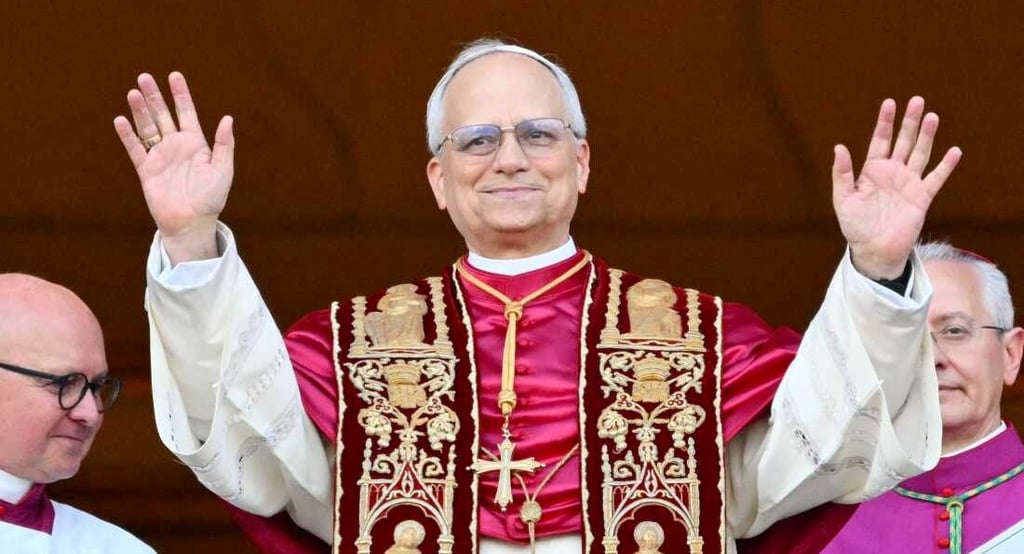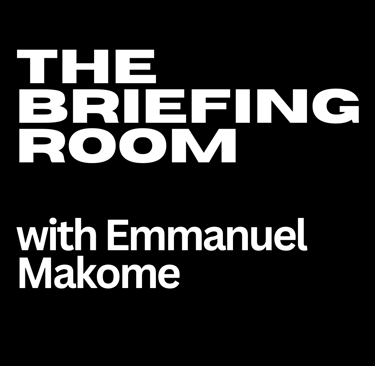Pope Leo XIV: A Bridge Between Continents and a Champion for Change
Robert Francis Prevost, the first American-born pope, has been elected as Pope Leo XIV. His global background, commitment to social justice, and alignment with many of Pope Francis' reforms signal a transformative new chapter for the Catholic Church.
WORLD
BBC
5/9/20252 min read


A Pope for a Changing World
From the moment “Viva il Papa!” echoed through St Peter’s Square, it was clear that the Catholic Church was stepping into a historic moment. The election of Robert Francis Prevost as Pope Leo XIV is not only the first time an American has ascended to the papacy but also a striking symbol of the Church’s evolving identity in the 21st century.
Born in Chicago in 1955, Pope Leo’s heritage—Spanish and Franco-Italian—mirrors the multicultural spirit of the global Catholic community. But it’s his deep ties to Latin America, through decades of service in Peru, that have made him a beloved figure beyond national borders. With dual American and Peruvian citizenship, Leo XIV personifies a Church that is increasingly global, inclusive, and responsive to the challenges of modern society.
A Legacy of Service and Social Justice
Leo XIV’s journey has been defined by grassroots ministry. He spent a decade in Peru working with marginalized communities, teaching in seminaries, and serving as a parish priest. His hands-on pastoral work and quiet leadership endeared him to many, especially in regions often overlooked by Vatican politics.
As head of the Dicastery for Bishops in Latin America, he played a pivotal role in shaping the Church's leadership across the region. That role, combined with his subsequent elevation to archbishop and cardinal, made him a familiar and respected figure among his peers.
By choosing the name "Leo," he pays homage to past popes who have led the Church through upheaval with strength and compassion. Pope Leo XIII, in particular, was a champion of workers' rights and social doctrine—a legacy Leo XIV seems keen to honor.
Continuity with Reform
Leo XIV appears largely aligned with Pope Francis’ vision, especially on issues of migration, poverty, and environmental responsibility. He has publicly supported initiatives like permitting blessings for same-sex couples and has spoken of integrating women more deeply into Church governance—most notably supporting their participation in bishop selection.
However, questions remain about how far he will go on sensitive issues like LGBTQ+ rights and internal Church reform. Some conservative factions see him as a potential brake on more progressive changes. But his emphasis on cultural sensitivity and discernment suggests a leadership style that values dialogue over division.
Facing the Future
Leo XIV steps into the role at a time of both hope and challenge for the Catholic Church. Sexual abuse scandals, declining church attendance in the West, and internal debates about doctrine and discipline continue to test the Church’s credibility and cohesion. Yet, his election has sparked joy, particularly in Peru, where people proudly claim him as one of their own.
With climate change, global inequality, and migration at the forefront of international concern, Leo XIV’s past words—calling for action, equity, and compassion—indicate a pontificate that won’t shy away from the big issues. His leadership could shape the next chapter of Catholicism to be not just about doctrine, but about the Church’s place in a rapidly changing world.
Final Word
Pope Leo XIV is a pope for the people—shaped by the Americas, grounded in humility, and attentive to the signs of the times. His reign may well become a bridge between tradition and transformation, faith and action.
Photo: AFP via Getty Images
PODCAST
MORE NEWS
© 2026. Ke Press Global. A Ke Harbor Company. All rights reserved.
FOLLOW KE PRESS GLOBAL ON :
Contact us



